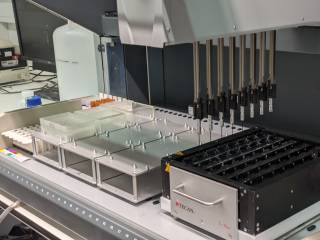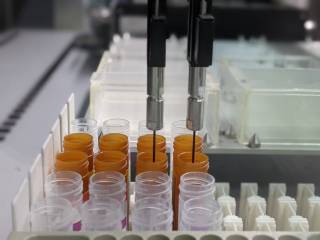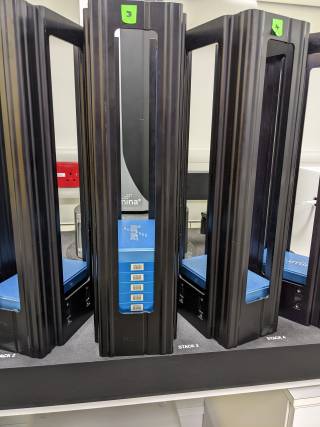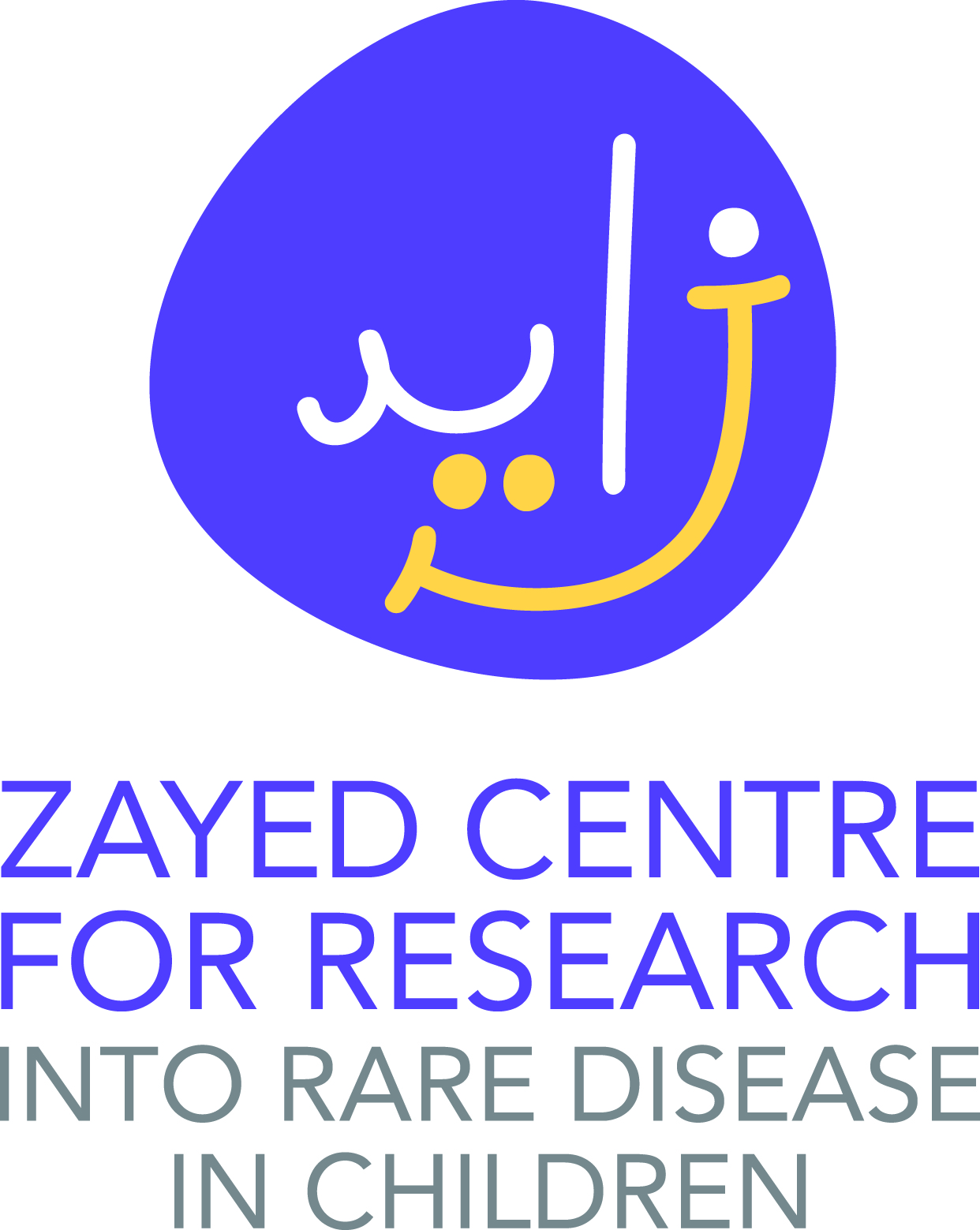The microarray stream at UCL Genomics is open to all collaborators, nationally and internationally. We offer a range of Illumina microarrays, including both for genotyping and methylation with fast turn-around-times.

- Genotyping microarrays
Genotyping arrays allow for powerful genome-wide association studies, and can accurately detect:
- point mutations
- copy number variants
- chromosome aberrations
Genotyping is a popular and effective way to identifying single nucleotide polymorphism (SNP) among alleles within or between populations. SNP detection is important in genotyping as well as measuring predisposition to disease, identifying drug-candidates, assessing loss if heterozygosity or genetic linkage. Although the Illumina Global Screening Arrays (GSA) are the most popular, and economical, genotyping microarrays, our lab can run any Illumina microarray. For more information, contact the microarray team.
Illumina microarrays commonly run at UCL Genomics with links to Illumina datasheets
- Methylation microarrays
DNA methylation plays an important and dynamic role in regulating gene expression. Methylation arrays are used to interrogate methylation sites across the genome at single-nucleotide resolution, analysing multiple samples in parallel making these arrays ideal for epigenome-wide association studies (EWAS).
UCL Genomics runs a twice weekly methylation clinic using Illumina Human MethylationEPIC 850k beadarrays.
You can submit bisulphite converted DNA for immediate processing, or we can bisulphite convert your DNA for you, reading for processing. For more information on how to submit a project for methylation microarray processing,contact the microarray team.
- Data preparation
All microarray data is checked for quality through a series of pipelines. Once data has been generated, verified and sent, all remaining samples are destroyed.
Your data can be returned to you in a number of formats (IDATs, PLINK).
- Laboratory Automation
UCL Genomics houses a Hamilton Robotoics STARlet liquid handling robot, an Illumina iScan with autoloader and Tecan Freedome Evo for complete automation of the microarray process.


 Close
Close


